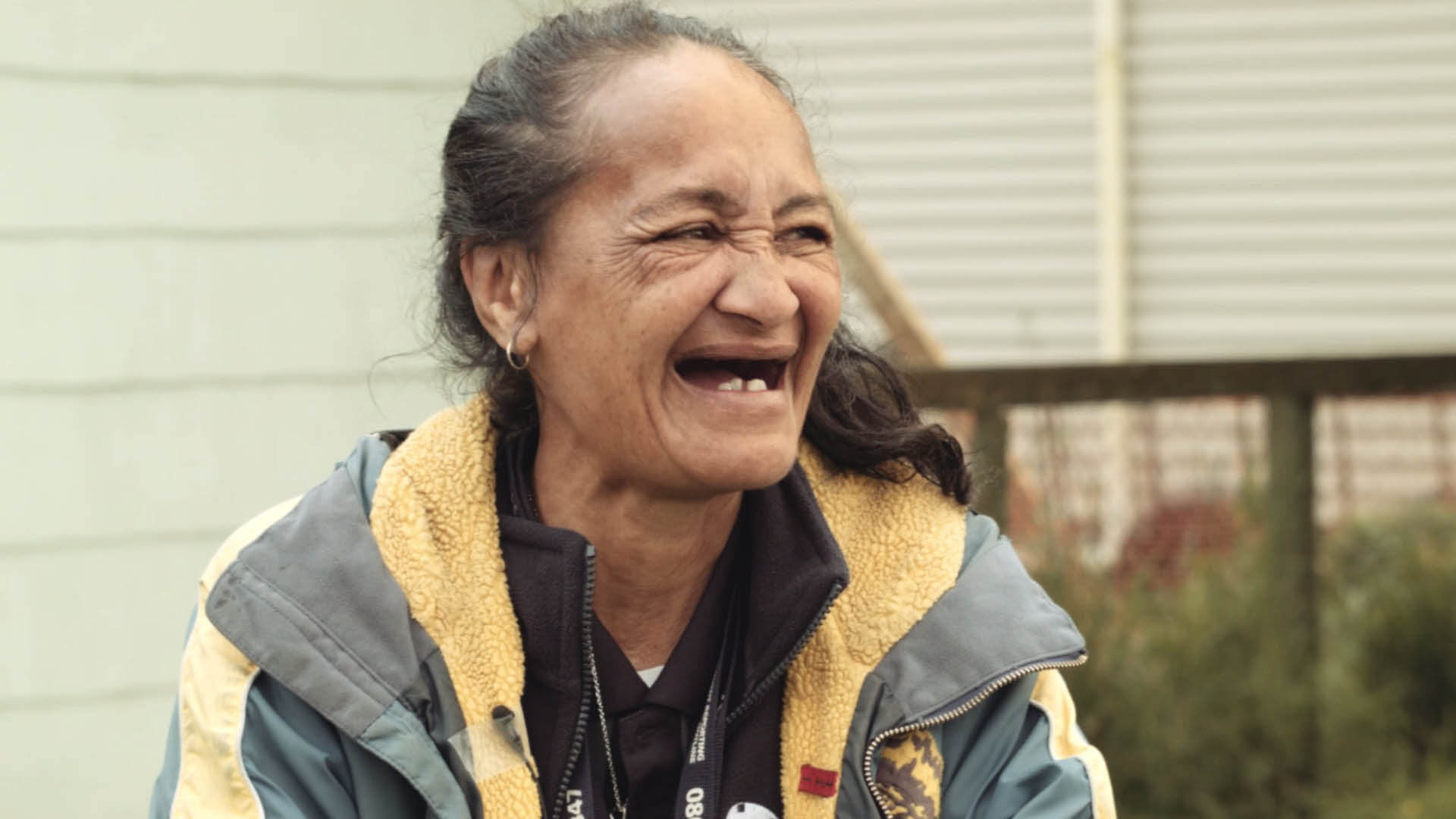The Covid-19 pandemic has exposed a widespread lack of financial resilience in New Zealand households. Research shows 34% (608,000 households) are already experiencing financial difficulties and 40% (715,000 households) do not have the financial resilience to manage any further drop in income. Families are living on the edge – with high commitments and no savings, they’re turning to borrowing to make ends meet. It goes without saying that they need access to advice and support, however there is a risk that this is ineffective when we underestimate the widespread harm caused by financial hardship.
Drawing on our experiences providing debt counselling and finance capability training, Christians Against Poverty (CAP) unpacks three important dynamics of financial hardship, then makes recommendations to help guide effective support.
Firstly, the lending industry often underestimates the depth of financial hardship. Families in financial hardship are often spending any savings and sacrificing essential living costs. A loan default is not the first sign of financial hardship, but the last. Help intended for those in financial hardship must seek to understand how deep the hardship extends.
Secondly, financial hardship is about so much more than money. It affects the whole family: relationships, mental health, self-esteem, and parenting. Growing debt and the incapacity to fix the situation is stressful, frustrating and energy consuming. Providing help to those in genuine hardship must acknowledge the challenges that are present in other life domains.
Thirdly, people are at risk of falling into further harm when they’re struggling. Many of CAP’s clients have struggled with debt for years. Shame, embarrassment, fear of judgment and lack of bandwidth effectively paralyse them. There is a real risk that families will undertake steps that provide short-term relief (e.g., taking out further loans, accessing Kiwisaver) but that are disastrous for long-term health.
Identifying families that are in hardship and in need of advice and advocacy is crucial to improving their current situation – but acknowledging the complexity and full impact of financial hardship on a household will help in the development of targeted and appropriate support, so that more families can receive the help they desperately need.



